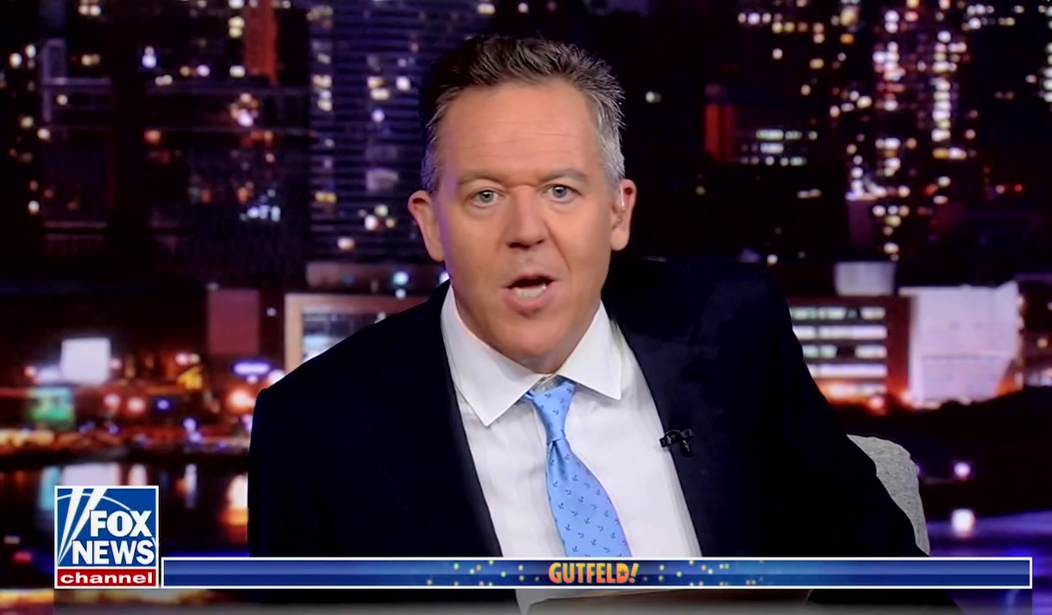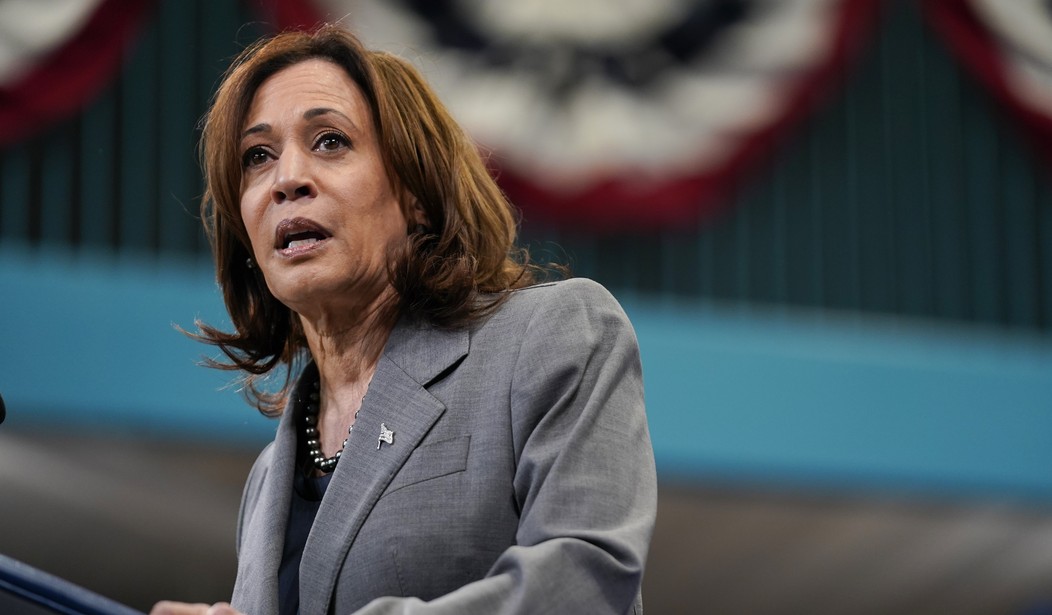‘The fact U.S. taxpayer dollars provided personal security for Iranian leaders trying to kill senior Americans is simply lunacy.’
NEW
YORK—In many ways, Manhattan during the UN General Assembly is a choreographed
show: awards dinners, media events, and grandiloquent speeches by the world’s
autocrats in the land of the free. Fidel Castro once lambasted the U.S. for four
hours during a speech; the late Venezuelan dictator Hugo Chávez
accused George W. Bush of being “the devil”; and Libya’s Moammar Gadhafi, after erecting his
tribal tent in New Jersey, pinned the JFK assassination on Israel.
In
keeping with tradition, on Tuesday, Iran’s newly elected president, Masoud
Pezeshkian, took to the rostrum at the General Assembly and
heralded himself as a symbol of moderation and as the diplomatic partner
through which to solve the Middle East’s woes. “We are confident that through
this mechanism we can achieve a lasting peace with Muslims, Christians, and
Jews living alongside one another,” the cardiac surgeon-turned-politician told
assembled world leaders in Turtle Bay.
Across
the city, the 69-year-old Iranian leader’s message of coexistence wasn’t
resonating. As he was speaking, Masih Alinejad, who is among Tehran’s most
outspoken political opponents in the U.S., got the news that she had been
rejected by a Brooklyn co-op board.
“The
co-op rejected me and my husband. Why? Because, when they Google us, they
realize that they don’t want to share their building with someone being
followed around by people with AK-47s,” said the 48-year-old dissident.
The
board didn’t overtly say that its decision was driven by fear, but Alinejad
told The Free Press she’s certain that Tehran’s repeated, and
highly publicized, attempts to assassinate her on American soil—including at her home—drove the board’s decision.
Alinejad,
who has lived in 21 different safe houses under FBI protection over the past
three years, is constantly shifting her locations. “Because the U.S. government
can’t protect us, the Iranian regime’s fear is working. They’re isolating us.”
The
contrast between the Iranian president’s charm offensive, and Alinejad’s
misery, offers a unique window into the geopolitical struggle playing out
across Manhattan this week—both in the spotlight and the backrooms—as the
global elite attend the annual UN General Assembly and Iranian officials take
to American airwaves and dine at New York restaurants.
Pezeshkian
and his delegation are being feted by UN, European, and Middle East delegations
as a potential ally in stopping the regional spread of Israel’s war against
Hamas, Tehran’s military proxy in the Gaza Strip. According to Iranian state media, Tehran’s president met the leaders of
Kuwait, Lebanon, Sudan, and Pakistan, as well as French president Emmanuel
Macron and UK foreign minister David Lammy.
Iran’s
Islamist government has spent decades arming and funding a network of militias,
terrorist organizations, and allied governments that allows Tehran to
essentially turn on and off a spigot of violence at a whim to threaten the
region’s strategic waterways and, in turn, the global economy. European and
Middle East officials at the UN Assembly are panicked by the prospect of Israel
invading southern Lebanon in pursuit of Tehran’s most important military proxy,
Hezbollah, and potentially expanding the regional war.
That’s
why, as some told me in recent days, they believe the U.S. has little choice
but to test Pezeshkian’s rhetoric and see if his new government can really take
steps to de-escalate tensions. “We want to grab this line,” one senior Arab
official said of Pezeshkian’s overture. “I think we need to discuss it.”
Alinejad
and a wider group of Iranian political activists, émigré journalists, and
former U.S. officials—who all talked to The Free Press this
week—said they’ve been stunned by what they see as the almost purposeful
naiveté of the world’s leaders meeting with Pezeshkian for the first time. (He
only took office in July, following the death of his
predecessor, Ebrahim Raisi, in a helicopter crash.)
They
say the Islamic Republic’s statesmen and diplomats have mastered an ability to
tailor their messaging of moderation for global audiences, even as Tehran’s
security forces continue to support the very groups stoking the Middle East’s
conflicts.
The
fact that American intelligence agencies in recent days have said that Iran’s
spy agencies continue to pursue terrorist plots inside the U.S., including against former president Donald Trump, only
underscores the hollowness of Pezeshkian’s calls for diplomacy and coexistence
in these dissidents’ eyes.
But
the UN’s annual gathering is also providing these Iranian dissidents a unique
opportunity to confront their tormentors—a small army of Davids staring down a
Goliath. And they are using the occasion of the UN gathering to highlight the
regime’s perfidy and its continued assault on them, their families, and the
Iranian people.
One of
the frontline actors in this week’s drama is Iran International, the 24-hour
Persian language television channel that’s officially banned inside Iran.
Started only seven years ago, with funding from a politically
connected Saudi-British investor and media company, the network has become
Iran’s most-watched independent news organization, in part,
because of its confrontational approach toward the Islamic Republic.
Iran
International’s coverage of the 2022 women-led uprising against Tehran’s
rulers—called the Women, Life, Freedom movement—garnered it particular
notoriety. It told the story of the protests, and the government’s harsh
crackdown, through videos, audio recordings, and interviews smuggled out of the
country, as the network’s journalists couldn’t be on the ground. (Last
year, I collaborated with Iran International for a story on Iranian influence operations inside the US
that originally ran on the media site Semafor.)
But
Iran International’s journalism has earned it the regime’s ire, and Tehran has
hunted down its journalists on foreign soil, just as it has Masih Alinejad.
In
2023, the network decided to temporarily
shut its London headquarters after British security services notified
management that Iranian agents were plotting to attack its Chiswick offices and
assassinate senior editors and journalists. Last December, the British media
outlet, ITV, disclosed that Tehran had offered $200,000 to a Syrian
hitman to attack two of Iran International’s most high-profile on-air
personalities. And this March, Eastern European thugs, apparently at the behest
of Tehran, stabbed the Iran International anchor, Pouria
Zeraati, outside his London home. (He survived.)
British
officials told Iran International they couldn’t ensure its staff’s security. As
a result, the network’s headquarters were briefly shifted to Washington, D.C.,
last year. And at last year’s UN General Assembly, a regime security
agent pummeled one of the network’s journalists.
But in
New York this week, Iran International deployed nearly a dozen staffers to
cover every move of Pezeshkian and his delegation. That includes the large
number of the president’s family members who accompanied him to New York and
their shopping sprees at places like Costco.
“We
can’t travel to Iran. If we do, it’s a one-way ticket to Evin Prison,” Fardad
Farahzad, one of the Iran International journalists named as being on Tehran’s
assassination list, told The Free Press. “So, this is a unique
opportunity for us to try and hold them accountable on foreign soil.”
On
Wednesday night, the network tracked the Iranian Americans who attended a gala
dinner Pezeshkian and his entourage hosted near the UN. Many of the attendees
wore Covid masks, Iran
International reported, apparently to hide their identities.
Two
days earlier, network reporter Arash Aalaei, tracked Trita Parsi, a prominent
U.S. think-tank leader and advocate for engaging Iran, for blocks after he left
the Millennium hotel, where Iran’s delegation is staying. Peppered with
questions about his meetings, Parsi simply
stared blankly down the street and refused to engage in any
discussions with the journalist.
Another
recent target of the Iranian regime, computer scientist Siamak Aram, also
sought to confront his nemesis this week. On Tuesday, just as Pezeshkian was
taking the stage at the General Assembly, the 43-year-old gathered a small
collection of Iranian dissidents across the street at Dag Hammarskjöld Plaza.
Members of his National Solidarity Group for Iran mixed between
calling for the overthrow of Iran’s Supreme Leader Ayatollah Ali Khamenei to
mirroring the slogan of the Black Lives Matter movement by chanting, “No
Justice! No Peace!”
Aram
was menaced last May by an Iranian official, named Ramezan Soltan-Mohammadi,
who threatened to slice the dissident’s throat after his group staged a protest
outside a pro-Islamic Republic mosque in Maryland. Aram successfully
filed a restraining order against Soltan-Mohammadi and is now pursuing
legal action against him. But the ability of regime agents and officials to so
openly operate in the U.S. stunned the political activist. “They will do
whatever they can to stop the protests and activities [taking place] outside
Iran,” Aram told me. “One of them is by threatening the dissidents and
protesters outside.”
According
to U.S. intelligence and Department of Justice officials, the regime’s
operations are hardly just targeting dissidents. In recent days, they’ve
described uncovering active plots against former president Donald Trump that
are allegedly aimed at disrupting November’s presidential election. And the man
who is accused of stalking Trump this month at a golf course with a
high-powered rifle, Ryan Wesley Routh, said his animus towards the Republican politician was
driven, in part, by his treatment of Tehran.
Many
of these plots, U.S. officials tell The Free Press, are Iranian
attempts to avenge the Trump administration’s 2020 assassination of Major
General Qasem Soleimani, head of the country’s elite overseas military unit,
the Quds Force. A range of Trump advisers who took part in the operation,
including former secretary of state Mike Pompeo and ex-national security
adviser John Bolton, travel today with round-the-clock U.S. government-provided
security details in response to threats that are still assessed as “high.” In
2022, the Department of Justice indicted a member of Iran’s elite military unit, the
Islamic Revolutionary Guard Corps, for allegedly plotting remotely with an
American citizen to kill Bolton at or near his home in Washington, D.C.
This
March, the FBI’s Miami field office issued a nationwide alert seeking information on an
Iranian intelligence official—based at times in Latin America—who also was
suspected of trying to assassinate Trump-era officials, including Pompeo.
The
July arrest of a Pakistani national, Asif Merchant, shows the elaborate nature
of Iran’s plots inside the U.S. According to his indictment, Merchant traveled to Tehran to
meet Iranian handlers who advised him on a scheme to kill Trump at a political
rally this year. The Pakistani then flew to New York to recruit would-be hitmen
at restaurants and bars to take part in the conspiracy—which allegedly involved
creating a distraction at a campaign event to give an assassin an opening to
fire.
Unbeknownst
to Merchant, one of his contacts was a U.S. government informant whom he paid
$5,000 to advance the plot. “Now we’re bonded,” the Iranian agent said to his
recruit, according to the indictment. Merchant was arrested two months ago,
shortly before he was scheduled to depart New York.
Pompeo
told The Free Press that he traveled to Manhattan this week,
in part, to warn foreign officials about the continuing Iranian threat, despite
Pezeshkian’s recent rhetoric. A successful assassination of Trump or his former
aides could potentially spark a war between the U.S. and Iran.
“We
restricted Iranian diplomat travels even BEFORE they threatened Americans in
the U.S. with assassinations,” Pompeo said in a text message. “The streets of
NYC are not the place for plotters and murderers to be given freedoms here in
the USA.”
He
added: “The fact U.S. taxpayer dollars provided personal security for Iranian
leaders trying to kill senior Americans is simply lunacy.”
Iranian
president Masoud Pezeshkian addressed the UN on September 24, 2024. Iran’s
terrorist plots inside the U.S. underscore the hollowness of Pezeshkian’s calls
for diplomacy, writes Jay Solomon for The Free Press. (Charly
Triballeau via Getty Images)
Pezeshkian
departed New York early Thursday following what Iranian state media described
as a highly successful final meeting with the Iranian diaspora, including
scientists, investors, and manufacturers. Tehran’s most-skilled diplomat and
messaging man, meanwhile—former foreign minister Mohammad Javad Zarif—engaged
in a round of media interviews with U.S. outlets and flatly denied U.S.
accusations that Tehran was pursuing terrorist plots on American soil.
The
U.S. Treasury Department formally sanctioned
Zarif in 2019 for serving as an agent of Supreme Leader Khamenei. But
the Biden administration said this week it was diplomatically bound as host
nation of the UN to allow the U.S.-educated official to come to New York.
“We
don’t send people to assassinate people,” Zarif told
Ian Bremmer of GZERO Media. “I think that’s a campaign ploy in order
to get former president Trump out of the not-so-favorable situation he’s in in
the elections.”
The
Iranian dissidents fumed at the freedom Zarif and other Iranian officials were
continuing to be given to roam Manhattan, even while the terrorist threats
against them remain active. “The only way to help Iran is that you support the
people of Iran, rather than providing visas to its leaders or buying this
narrative of reform,” Alinejad said. “What kind of reform is this ‘reformist’
Pezeshkian?
This reformist is just good PR for Khamenei.”
https://www.thefp.com/p/iran-terrorism-united-nations-masih-alinejad?utm_source=post-email-title&publication_id=260347&post_id=149500008&utm_campaign=email-post-title&isFreemail=false&r=rd3ao&triedRedirect=true&utm_medium=email











